Samuel Hahnemann was the founder of Homoeopathy. He established the fundamental principles of the science and art of Homoeopathy. He is called the Father of Experimental Pharmacology because he was the first physician to prepare medicines in a specialized way; proving them on healthy human beings, to determine how the medicines acted to cure diseases. Before Hahnemann, medicines were given on speculative indications, mainly on the basis of authority without experimental verification. Hahnemann discovered the remedial powers of drugs and inert substances such as gold, platinum, silica, vegetable charcoal, lycopodium, etc. By preparing the medicines through potentization, these inert and insoluble substances became soluble in alcohol or water and were charged with medicinal force. Dr. Hahnemann espoused the law of cure known as "Similia Similibus Curentur", or "Like Cures Like". This means that a remedy that produces symptoms in a healthy person will cure those same symptoms when manifested by a person in a diseased state. This law of cure has been verified by millions of homoeopaths all over the world since the time of Hahnemann. Hahnemann discovered the primary and secondary actions of remedies. The primary action results from the first encounter between the vital force and the external agent, and the secondary action is a result of the vital force's reaction to the symptoms of that primary encounter. This discovery led him to the curative powers of poisonous substances. Dr. Hahnemann described the different aspects of 'acute' and 'chronic' diseases. Acute diseases are transitory; they have a beginning and an end, whereas the chronic diseases are co-existent with life. Either they are present in a manifest or a latent state. From this work came the chronic miasms of Psora, Syphilis, and Sycosis. Dr. Hahnemann was the progenitor of several modern medical approaches. Deeming the treatment of insane patients to be cruel and harmful, he advised a humane treatment for the insane. He cured many insane patients with homeopathy, and became famous for this success. Dr. Hahnemann was quick to recognize poor hygiene as a contributory cause to the spread of disease. His success with cholera and typhoid fever was in part due to this recognition. Hahnemann also emphasized the importance of nursing, diet, bed rest, and isolation of patients during epidemic diseases. Hahnemann described 'Noxious' principles as the precursors of certain disease states. Dr. Hahnemann treated thousands of difficult and chronic cases that defied the best care from allopaths all over Europe. Thus, he became so famous that physicians from Europe and America came to him for coaching in the new science and art of healing, called Homoeopathy.
Read more

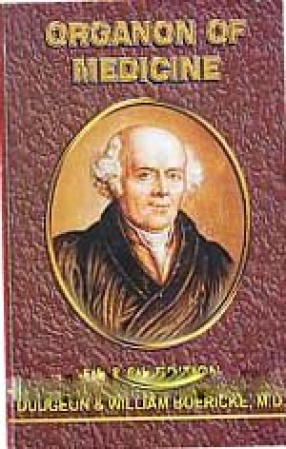
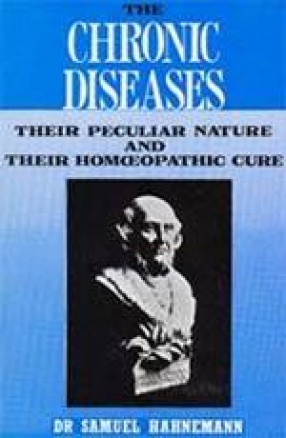
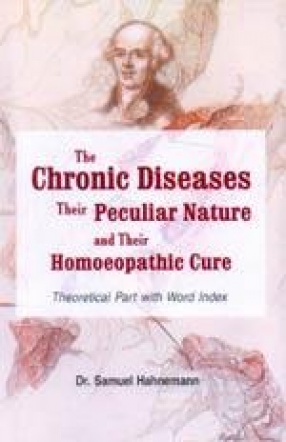
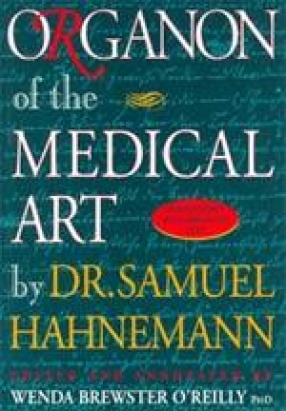
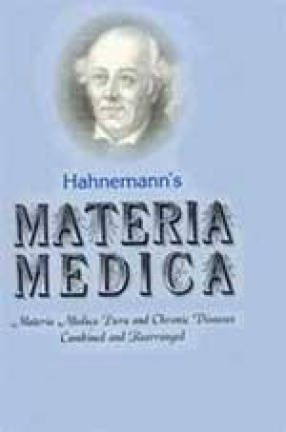
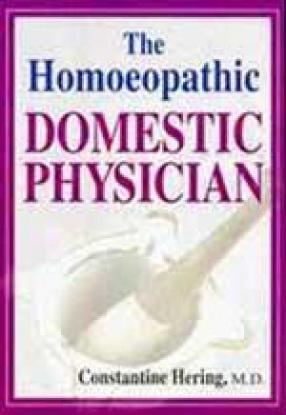
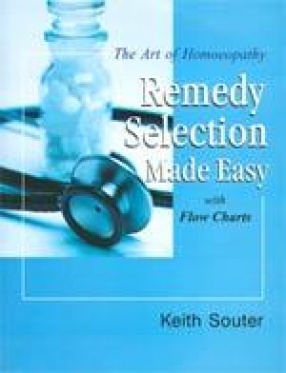
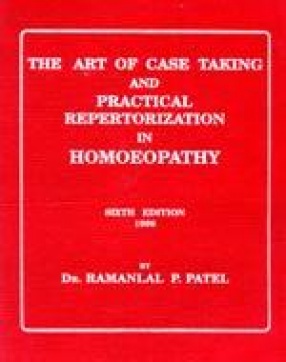
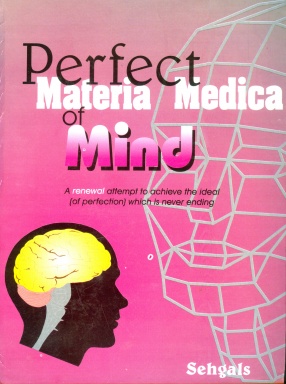

Bibliographic information
R.E. Dudgeon